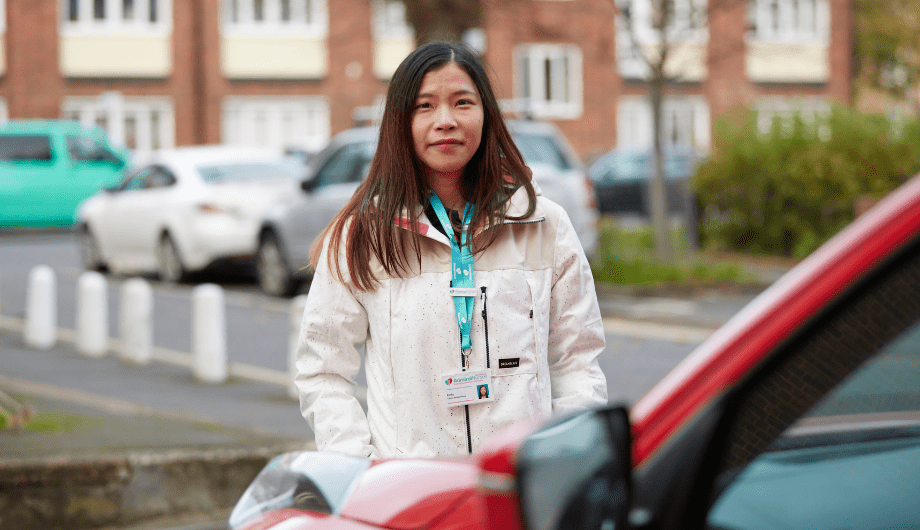Christmas can be stressful for people with dementia, and for their family members. The extra hubbub and changes in routine can make people feel unsettled. Also, visiting family members might notice the changes that have taken place in their relative, if they haven’t seen them for some time.
But there are some simple and practical things you can do to help make Christmas a peaceful and inclusive time for everybody.

1. Stick to routines, where possible.
People with dementia often benefit from knowing what’s going to happen next. If your relative is helped by keeping set mealtimes, or bedtimes, or from watching a favourite programme at a particular time, then try and support that.
2. Explain the situation.
Tell visitors or people you are visiting that your relative has dementia. If you’re not sure they’d understand, explain that the person has memory problems, and ask people to keep conversations straightforward, if you think that’d help.
3. Include the person with dementia.
If they’d like it, and if it’s appropriate, ask the person with dementia to help you set the table, or peel potatoes, or sing carols with you in the kitchen.
4. Make time for yourself.
If you’re a carer for someone with dementia, ask a friend or relative if they can sit with the person for a bit while you take a break. This might not seem important – but it is important to look after yourself too. Caring can be a 24-hour a day job and everybody needs to have a few moments to themselves.
5. Make a quiet room.
Noise and hubbub can be bewildering for a person with dementia. If possible, set a quiet room aside where other people won’t go, that you can take the person with dementia for a little downtime. You can help make an unfamiliar room welcoming by playing music they love and taking something of theirs, such as some photographs.
6. Christmas eating and drinking.
If you know the person’s normal likes and dislikes, try to stick with these. If they have a small appetite, keep their portions small. It can help to have a small amount of each food item and talk the person through what’s on their plate. If they have always liked a drink, then that is fine, but alcohol can be disorientating for people with dementia, so you could consider offering alcohol-free varieties of beer or wine.
7. Find out about support groups in your area.
Local centres might be holding a lunch or a meet up you can go to. Going out can feel like a lot of effort, but meeting other people in a similar situation to you can be really valuable. The Admiral Nurse Dementia Helpline can help you find out what facilities are near you.
If you have any concerns around dementia, call the Admiral Nurse Dementia Helpline on 0800 888 6678.
The Helpline is open from 9am to 9pm Monday to Friday, and from 9am to 5pm on weekends. You can also email helpline@dementiauk.org.
Please note the Helpline is closed on 25th, 26th December and 1st January, but any emails or voicemail messages will be replied to as soon as possible.




